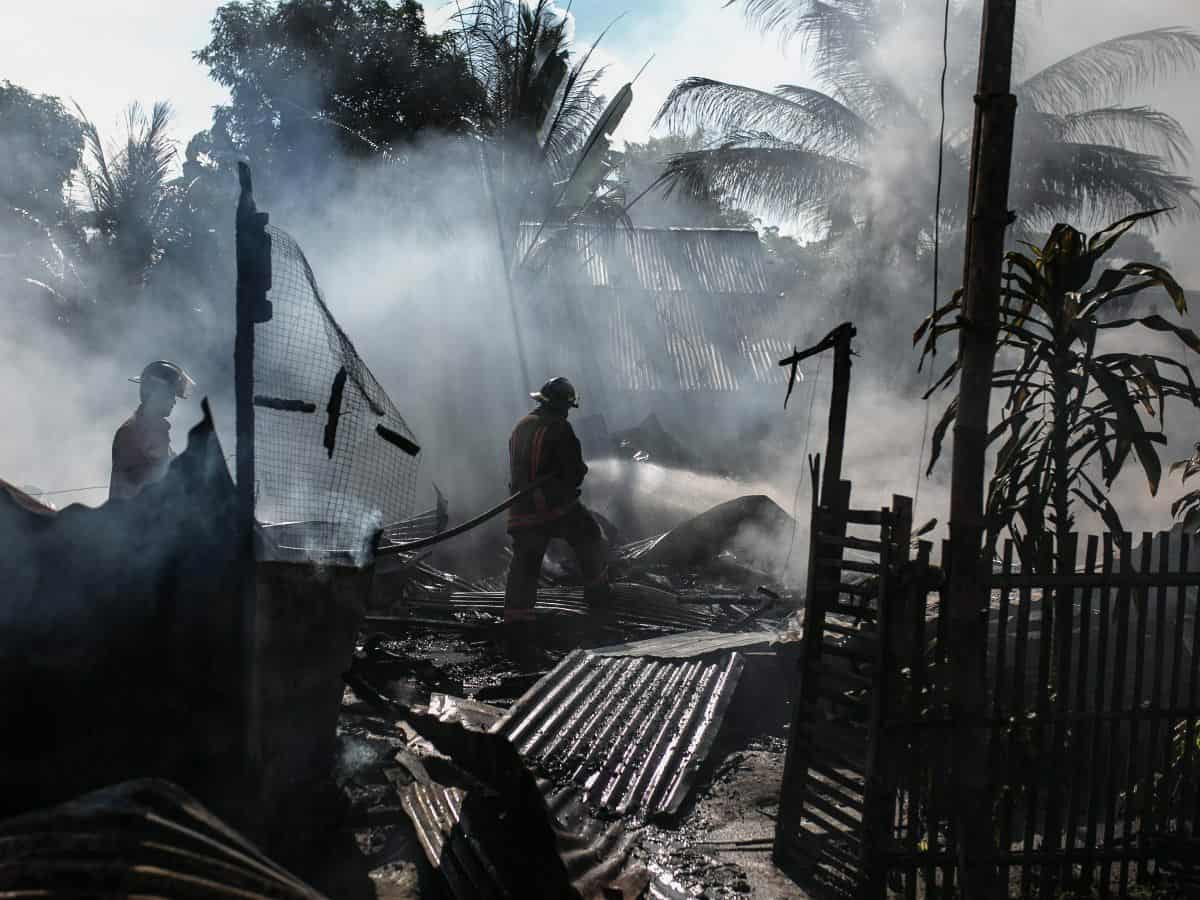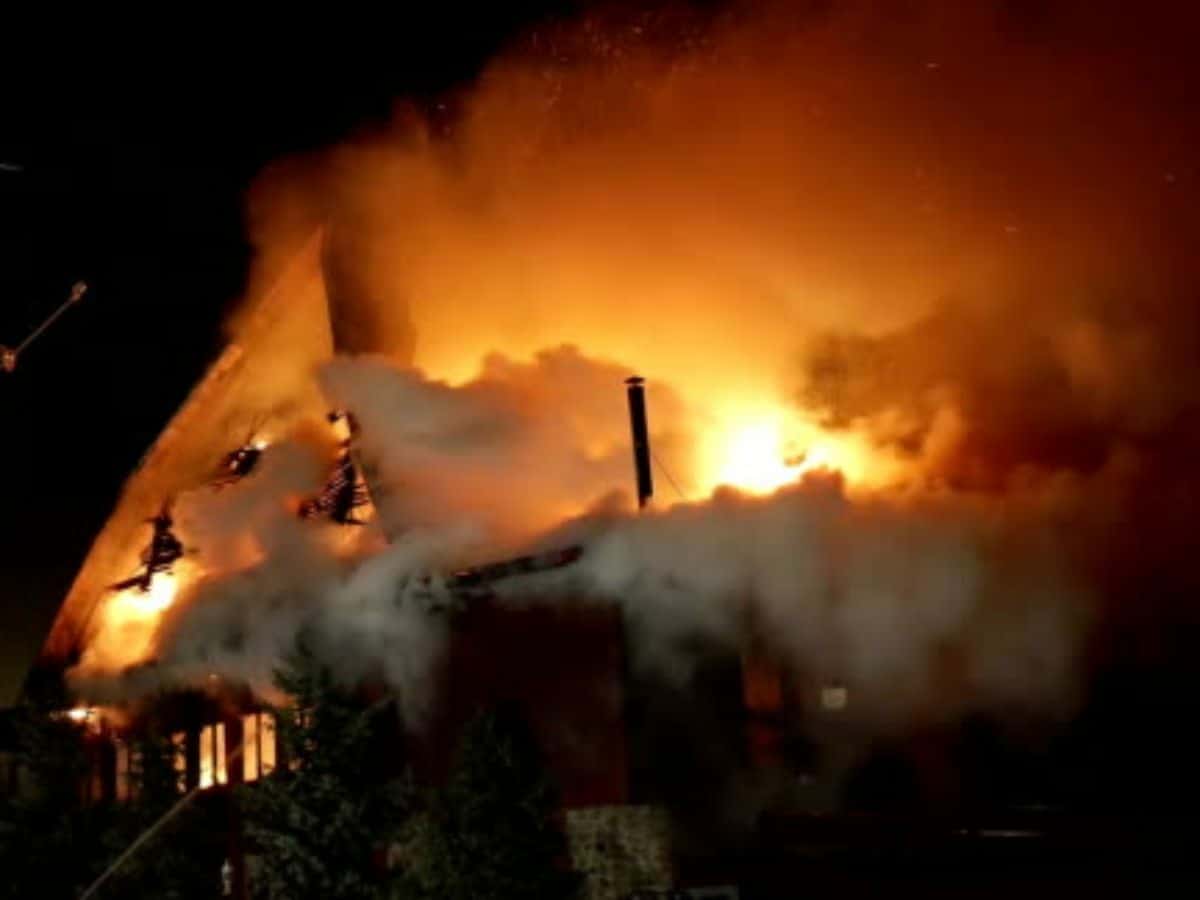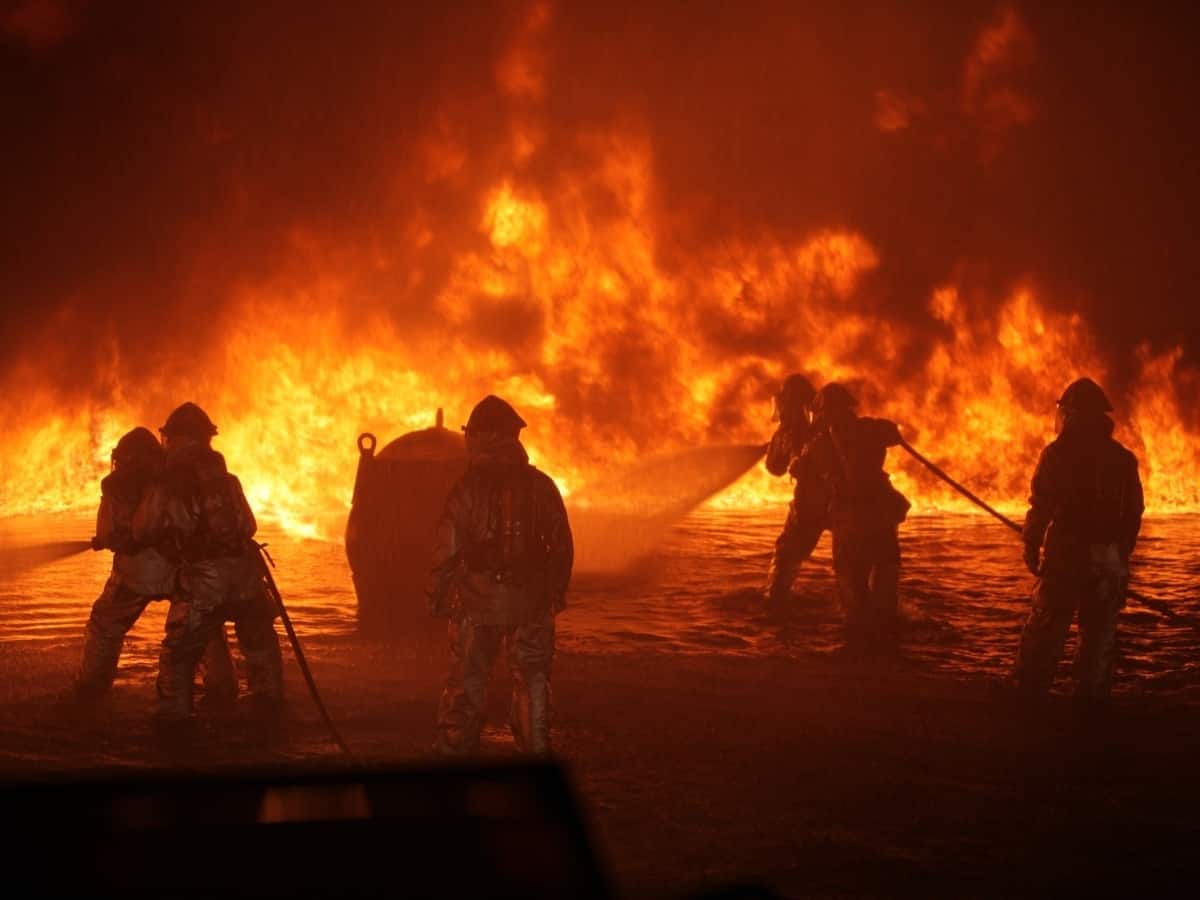Have you ever wondered, “Does renters insurance cover wildfires?” This article answers that question and provides a comprehensive look at how renters insurance can help in the case of a wildfire or other covered event. Learn what a covered peril means for insurance purposes and what perils renters insurance covers. You’ll also learn how insurance works if you’re qualified for FEMA renters’ assistance for wildfires and other natural disasters.
What Is Renters Insurance?
If you rent your home or apartment, renters insurance covers your belongings, certain liabilities and, in some cases, living expenses if you cannot return home. You can purchase renters insurance if you rent an apartment, condo, duplex, loft, single family home or townhome. It’s important to understand the difference between your landlord’s property insurance and your renters insurance.
In most cases, the building owner’s policy covers the structure and property but not the individual belongings of tenants. Therefore, it’s important to purchase your own policy to prevent financial loss in the event of theft or damage.

What Renters Insurance Covers
Renters insurance, also called tenant insurance, pays for losses due to an unanticipated event, called a peril. There are many times you cannot prevent an incident that results in damage or loss of your property. These events include a break-in, an injury suffered by a visitor or a natural disaster. Fortunately, your renters insurance policy covers many of these events. Visit our blog to get an in depth look at what renters insurance covers.
So, does renters insurance cover wildfires? Long answer short, yes. Here’s how.
Breaking Down the Different Types of Renters Insurance
There are three basic types of tenant insurance:
- Personal property insurance pays for the cost to replace or repair your belongings. This includes furniture, clothing, electronics and other property. Your policy reimburses you for losses up to your coverage limit.
- The liability portion of your rental insurance covers medical bills and property damage for guests if you’re responsible for their losses.
- Additional living expenses coverage handles the costs of a hotel bill. Additionally, it covers meals and other expenses that result when you can no longer live in the rental property. This is covered when it’s due to structural damage or an evacuation notice.
Where does renters insurance cover wildfires?
According to Forbes, coverage for wildfires would fall under personal property and additional living expenses. However, every policy is unique. Therefore, it’s important to speak with your agent and make sure you understand how your renters insurance works.

What Is a Peril in Insurance?
We’ve already touched upon this in a previous section. However, it’s important to understand what a peril is and how it affects your renters insurance policy. As discussed, perils are covered events that trigger your policy coverage.
All Peril vs. Named Peril Coverage
If your tenants insurance covers all perils, it reimburses you for all types of damage excluding defined exceptions. On the other hand, named apparel coverage only covers events listed in your policy. The list below includes commonly insured perils. However, it may not include all events covered by your individual policy. Similarly, not every peril below is covered by every renters insurance policy. For better understanding of what your insurance company covers, speak with your agent.
Commonly covered rental insurance perils include:
- Fire/lightning
- Freezing
- Windstorm/hail
- Aircraft
- Explosion
- Riot/civil commotion
- Vandalism/malicious mischief
- Vehicles
- Weight of ice, snow, sleet
- Volcanic eruption
- Damage from electrical current
- Smoke
- Theft
- Falling objects
- Accidental overflow of water
- Sudden cracking or bulging in air or water system
Fire coverage typically includes wildfires. However, if you live in an area prone to wildfires, there may be specific rules regarding how they’re covered.
Does Renters Insurance Cover Wildfires Caused by Other Perils?
Does renters insurance cover wildfires caused by another covered event? Absolutely. A lightning strike or freak accident can cause a raging wildfire. These events are typically covered by your renters insurance, so you would most likely receive reimbursement for damages due to the resulting wildfire.
It’s important to understand if any events such as earthquakes, sewer overflow or floods are excluded from your renters insurance policy. If any of these events lead to a wildfire, you may or may not receive reimbursement. Therefore, it’s important to ensure that you purchase adequate coverage for wildfires.
Mandatory Evacuations Due to Wildfires
Renters insurance typically treats all types of fires the same way. If you receive an evacuation order due to the danger posed by wildfires, your tenants insurance may cover the cost of a hotel and meals until you can return home. At the same time, if another type of fire damages the building or home you rent, you may still be eligible for additional expenses until you can return home. This coverage is referred to as loss of use coverage.
Loss of Use Coverage
Standard renters insurance policies cover wildfire damage. this may include your belongings and additional living expenses as discussed above. Keep in mind that your landlord’s insurance policy won’t typically cover these costs.
Here’s an example of how this might work. Let’s say a renters insurance policy includes $5,000 for additional living expenses. If you have to stay in a hotel for one week at an expense of $1,400, your rental insurance would reimburse you for this cost, minus your deductible and normal living expenses.
Renters Insurance Coverage for Smoke Damage
Wildfires and other fires also bring smoke damage, which can make furniture and clothing unusable. However, most tenants insurance will reimburse you for losses due to smoke damage. Note that some insurance policies exclude smoke damage caused by agricultural smudging or the manufacturing of controlled substances.

Rental Insurance Exclusions Related to Wildfires and Other Fires
There are certain cases where your renters insurance may not cover damage due to wildfires, including the following:
- You start the fire intentionally. Rental insurance only covers unintentional perils.
- Building damage. Damage to the physical structure, including the walls and outbuildings, falls under your landlord’s property insurance.
- Wildfire damage to your vehicle. Your car insurance may cover damage due to wildfires but your rental insurance policy won’t.
Renters Insurance Discounts
Every insurance company handles discounts differently. However, many provide discounts for fire safety features such as the following:
- Smoke detector
- Fire extinguisher
- Automatic sprinkler system
Therefore, installing these features can save you money. Additionally, you could take a smoke detector and fire extinguisher with you when you move if you shop wisely.
Is Wildfire Damage Different from Typical Fire Damage?
While insurance works pretty much the same for wildfires and other types of fires, the type of damage can vary dramatically. Wildfires are much more destructive than many other types of fires. They generate intense heat and worsen as they spread.
With most of the land in western states experiencing drought conditions, wildfires have become pandemic in recent years. This exacerbates the damage wrought by wildfires, making it imperative for renters to include insurance for wildfires to protect their belongings. This is particularly true if they live in areas with moderate to severe drought conditions.
How Renters Insurance Works with FEMA Assistance
For large wildfires, the Federal Emergency Management Agency or FEMA responds with assistance, especially if the wildfire becomes a national emergency. By law, FEMA cannot reimburse renters for losses covered by tenants insurance. To expedite the process, file a claim as quickly as possible with your insurance company. Then, you may be eligible for additional reimbursement from FEMA.
If you have renters insurance, you can still file a claim for FEMA assistance for renters. However, keep in mind that your FEMA benefits exclude any payout you receive from your insurance. It’s important to carefully calculate your total losses to avoid double-dipping, which could result in fines or loss of coverage.




